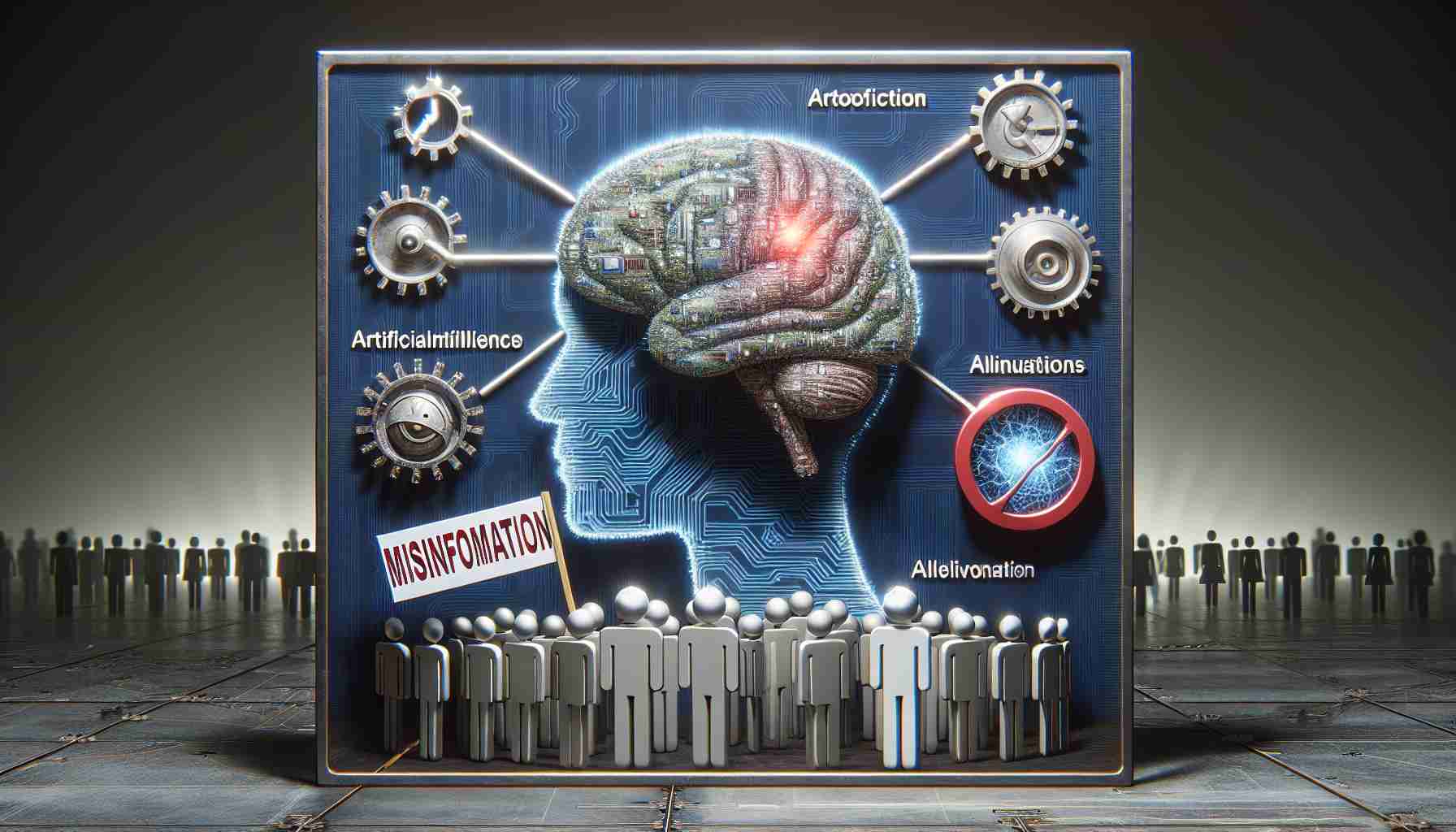As the November presidential election approaches, it is crucial to recognize the potential risks associated with artificial intelligence (AI) and misinformation. Experts warn that AI algorithms can be employed by nations to conduct influence operations and manipulate electoral outcomes, while also fostering division and polarization within societies.
Augusta University professor of International Relations, Lance Hunter, explains that regulating this technology poses a significant challenge. The Biden Administration initiated discussions on the matter following the public emergence of ChatGPT. Hunter acknowledges the need to maximize the benefits of AI while mitigating its potential dangers. However, due to the rapidly evolving nature of this technology, identifying precise risks in advance can be difficult. Nonetheless, remaining vigilant and knowledgeable about these emerging threats is crucial in preventing their impact.
Hunter emphasizes the importance of verifying the authenticity of posts or images related to political campaigns. If something seems suspicious, it is advisable to monitor the information and seek secondary validation. Additionally, examining an account’s followers and posting patterns can provide insights into the credibility of the content. Unusual followers or irregular posting times may indicate the presence of misinformation.
The influence of AI and misinformation is expected to become a major topic during political campaigns. Hunter believes that effectively navigating this landscape will be a critical issue. As of now, the Biden administration has yet to establish rigid regulations, with only a few executive orders in place. This lack of binding rules leaves ample room for external actors, such as Russia and China, to interfere in elections.
Hunter draws attention to the potential role of TikTok in election interference, particularly due to its association with the Chinese government. The concerning aspect lies in TikTok’s data gathering capabilities, as the Chinese-owned company’s algorithm excels in understanding individual preferences and influencing behavior. Should China have access to the amassed data, it could be exploited for future influence operations.
By delving into the videos users watch, this data possesses immense value in shaping electoral outcomes or sowing discord within the United States. China’s involvement in various influence operations aimed at the US further contributes to concerns surrounding TikTok’s potential impact on elections.
In conclusion, the increasing influence of AI and misinformation on presidential elections necessitates proactive measures. Regulating this evolving technology poses considerable challenges, and identifying potential dangers requires ongoing vigilance. By remaining informed and alert, we can counter the manipulation of information and safeguard the integrity of democratic processes.
FAQ:
1. What is AI?
AI stands for artificial intelligence, which refers to the development of computer systems capable of performing tasks that would typically require human intelligence.
2. How can AI be used to influence elections?
AI algorithms can be utilized by nations to manipulate public opinion, spread misinformation, and foster division within societies, thus influencing electoral outcomes.
3. What is misinformation?
Misinformation refers to false or misleading information that is spread intentionally, often with the aim of influencing public opinion or gaining a strategic advantage.
4. How can individuals spot and combat misinformation?
Individuals can spot misinformation by monitoring information sources, seeking secondary validation, examining social media account behaviors, and verifying the credibility of posts and images. By doing so, they can help combat the spread of misinformation and ensure the accuracy of information.
5. What is TikTok’s potential impact on elections?
TikTok, a popular social media platform, has the potential to impact elections through its data gathering abilities and effective algorithms that influence user behavior. Concerns arise when considering the ownership of TikTok, as it is a Chinese-owned company and could potentially provide access to vast amounts of user data to the Chinese government.
Sources: Some information in this article is based on the original news article published by [WRDW/WAGT](https://www.wrdw.com/).
Definitions:
1. Artificial intelligence (AI): Refers to the development of computer systems capable of performing tasks that would typically require human intelligence.
2. Misinformation: False or misleading information that is spread intentionally, often with the aim of influencing public opinion or gaining a strategic advantage.
3. Influence operations: The use of various tactics, including the manipulation of information and spreading of misinformation, to influence public opinion or election outcomes.
4. Algorithm: A set of rules or instructions followed by a computer program to perform a specific task or solve a problem.
5. Electoral outcomes: The results of an election, including the individuals or parties that are elected to positions of power.
6. Division and polarization: Refers to the creation of divisions or factions within a society and the promotion of opposing views that may lead to conflict or discord.
Related Links:
1. [WRDW/WAGT](https://www.wrdw.com/) – The original news article that served as the basis for information in this article.
Please note that no additional related links were mentioned in the original article.
The source of the article is from the blog meltyfan.es

